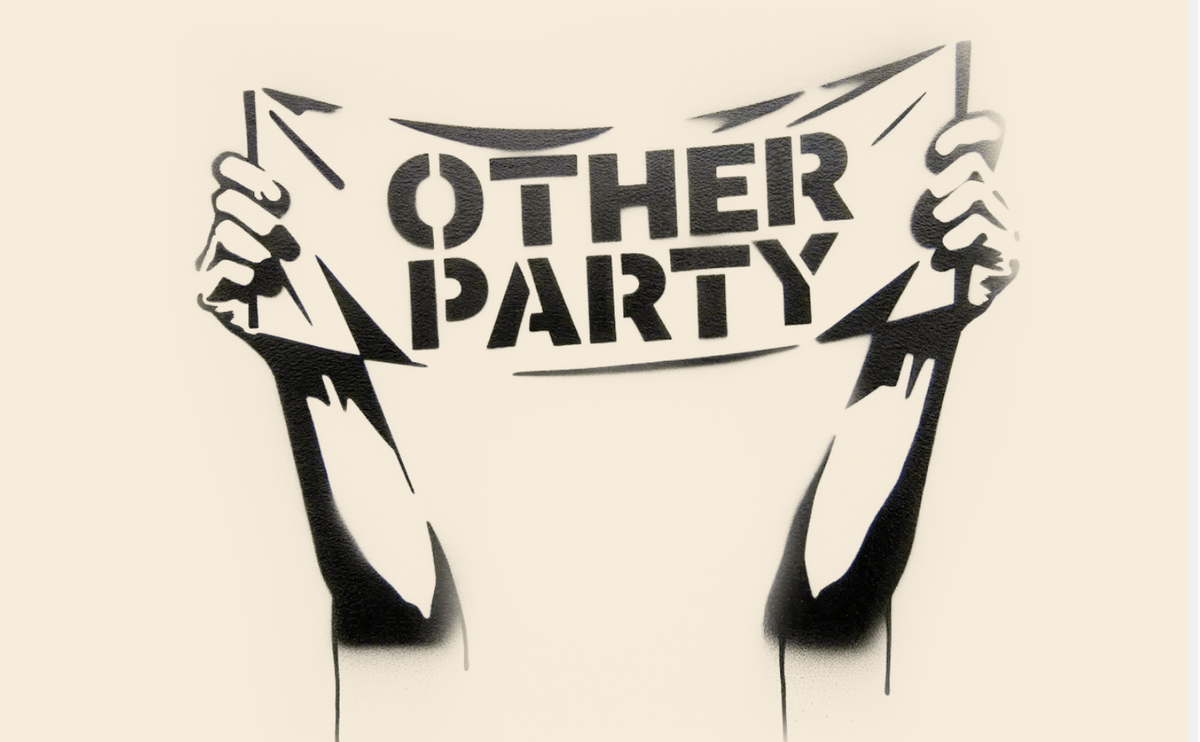
Political movement The Other Party has just launched in the UK, touting decentralised blockchain-based direct democracy for the country.
“The Other Party is building the infrastructure to allow the public to self-govern – by proposing, voting and implementing their own policies. Not the party line, not the party’s politics, we have none. Representatives will vote as their local constituency votes.”
The party claims that politics has become a game for the elite over the years, and the true essence of democracy was replaced by a system that centralises power and decision-making in the hands of a few. They believe that nowadays there's no reason why every individual shouldn't have a direct say in the policies and suggest implementing this by using blockchain technologies.
“We are nobody and everybody. We as a party do not stand on the left or the right, we stand for a change in the political system. We wish to remove politicians from politics and allow for the public to decide their own policies.”
The party says that its representatives are purely placeholders, and once elected, they will be required by law to vote through the will of their local constituency. After getting a parliamentary majority the party plans to expand its direct democracy model to the whole political system.
If a citizen wants to submit and vote on proposals that the party will put forward ahead of the next general election, he or she has to obtain a governance passport. The passport in the form of NFT acts as a digital identity on the blockchain. After receiving the passport, citizens are free to debate, propose and vote in complete anonymity.
The Other Party has also introduced a PoD (Proof of Donation) memorabilia token available on Uniswap, which is supposed to act as a digital version of a sticker or a leaflet. The party specifically states that these tokens are not securities and have neither utility nor value, apparently to protect itself from the U.K. Financial Conduct Authority's potential claims.
If the system is truly decentralised, there is always a danger that if there is a successful criminal conspiracy, the party won’t be able to protect other citizens from its decisions. Apart from this there is also a possibility that the rights of various minorities can be violated if the majority decides so. Complete anonymity also raises some concerns: we all know that anonymity can often remove responsibility and bring out the worst in a person. It might therefore be difficult to accept for everyone, but this is what pure democracy is. There is no immediate reason for concern at the moment, as it is not particularly likely that the party will have a lot of influence (if any) in the U.K. any time soon.
One cannot help but admit, that the idea of replacing the traditional Parliament with a kind of DAO where all citizens have an equal say in the decisions is at least an elegant, inspiring and brave concept. Most likely at some point the community will have to consider this path: as the Other Party says, “if you want something done properly, do it yourself.”

